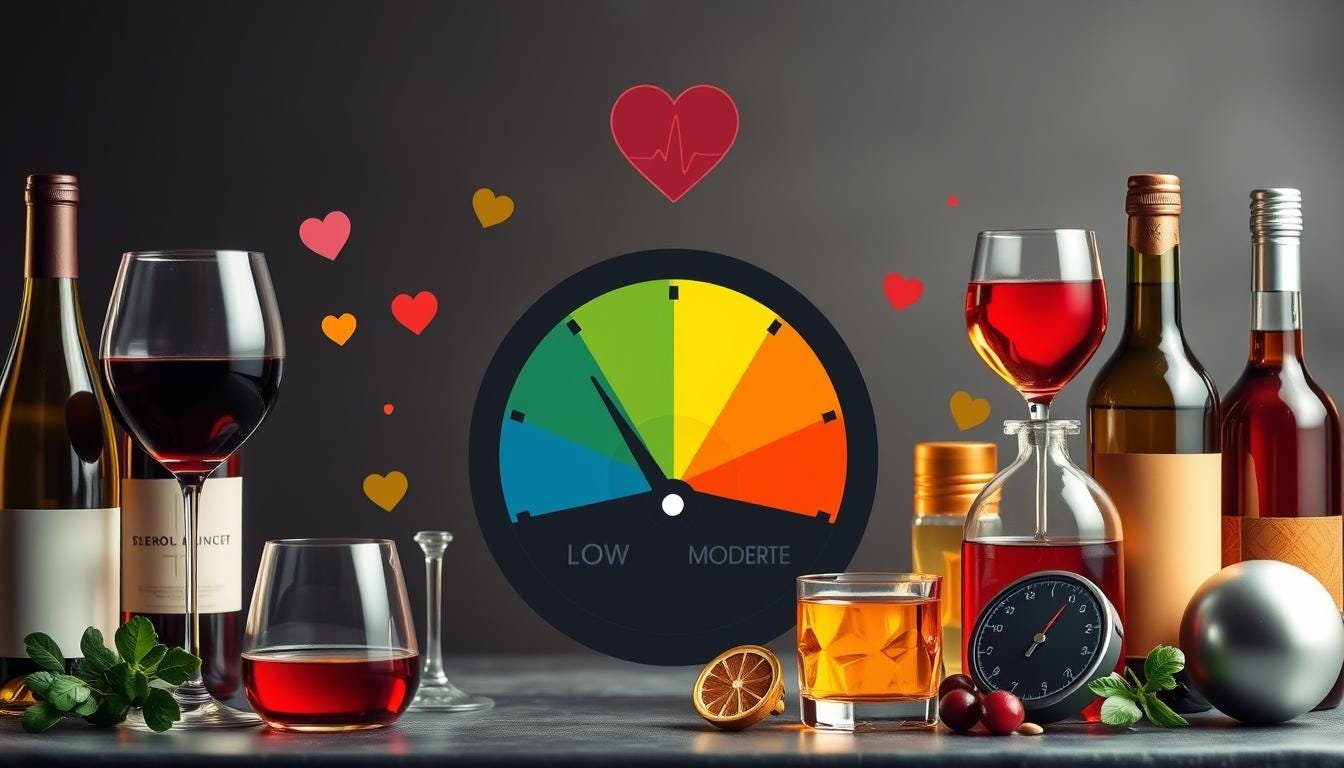223
Alcohol and High Blood Pressure: A Complete Guide
written by Dr. Shivani Arora, MBBS
Dr. Shivani Arora, MBBS
Dr. Shivani Arora, General Physician with Over 10 Years of ExperienceDr. Shivani Arora, an esteemed alumna of Dayanand Medical College, brings over 10 years of dedicated experience as a general physician. Currently Working at Pulselogy, Dr. Arora is well-versed in a wide range of medical fields, including obstetrics, gynecology, family medicine, and handling medical emergencies. She is also a specialist in managing diabetes and blood pressure. Her extensive background in renowned hospitals and clinics has equipped her with the expertise and compassion to provide exceptional care to her patients
previous post

Table of Contents
What is the Effect of Alcohol on Blood Pressure?
Alcohol can cause several of your body functions to go haywire, your blood pressure chiefly among them. Drinking a small to moderate quantity of alcohol (10 to 28 g) can initially lower your blood pressure for up to 12 hours, beyond which it spikes your blood pressure levels. Long term alcohol consumption or heavy drinking is associated with elevated blood pressure levels (>130/80 mm Hg) and hypertension (>140/90 mm Hg).
Alcohol is thought to raise your blood pressure through the following mechanisms:
How Much Alcohol Can You Safely Consume With High Blood Pressure?
Though a moderate consumption of alcohol is associated with improvement in heart health, any consumption of alcohol leads to increased blood pressure levels. For this reason, most people with hypertension are advised to quit alcohol or limit their consumption to one drink a day in women and two drinks a day in men.
The following are the recommended quantities of consumption for different types of alcohol.
What Type of Alcohol Can Hypertensives Safely Consume?
Are There Any Risks of Over Consuming Alcohol?
Regular and excessive alcohol consumption can lead to the following health problems:
Are There Any Possible Health Benefits of Alcohol Consumption?
The benefits offered by alcohol would depend on your age, gender, health, and any medications you are taking, etc. The risks of alcohol consumption may outweigh the benefits if you have prior health conditions like metabolic syndrome, high blood pressure, diabetes, liver or kidney dysfunction, or if you are pregnant or taking any medications.
Don’t Have Time To Read?
Frequently Asked Questions
How much does alcohol raise your blood pressure?
Heavy alcohol consumption can raise your blood pressure by 5 to 10 mm Hg. The increase is more significant in your systolic blood pressure than your diastolic blood pressure.
Relationship Between alcohol and high blood pressure?
Alcohol consumption can raise blood pressure by interfering with the liver’s ability to regulate hormones that control blood pressure. Regular, excessive drinking can lead to long-term hypertension by causing damage to the heart and blood vessels. Even moderate alcohol intake can cause temporary spikes in blood pressure, especially in individuals already diagnosed with hypertension. Limiting alcohol intake is important for maintaining healthy blood pressure levels.
Does quitting alcohol lower BP?
Yes, you can lower your blood pressure levels by reducing your alcohol consumption or quitting alcohol completely. Quitting alcohol also lowers your blood cholesterol and triglycerides levels and lowers your chance of developing heart diseases.
Can you drink alcohol while taking blood pressure medicine?
No, it is not advisable to drink alcohol when on blood pressure-lowering medications. Alcohol can affect the way your blood pressure medication is absorbed into your bloodstream, making them less effective. When combined with some blood pressure medicines like beta-blockers or diuretics, alcohol can cause your blood pressure levels to fall too low.
Is whiskey good for high blood pressure?
Whiskey is believed to be good for heart health in very small doses. However, moderate to heavy consumption is linked with increased blood pressure levels, heart attack, and stroke risks.
Does beer increase blood pressure?
Yes, several studies have shown that drinking beer can cause an increase in your blood pressure levels.
How does alcohol affect blood pressure and heart rate?
Alcohol consumption is associated with an increase in blood pressure levels and heart rate, both in the short term and long term. However, small quantities of alcohol may sometimes lower your blood pressure due to dehydration.